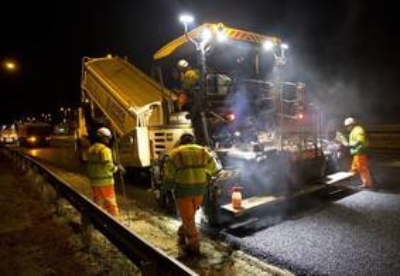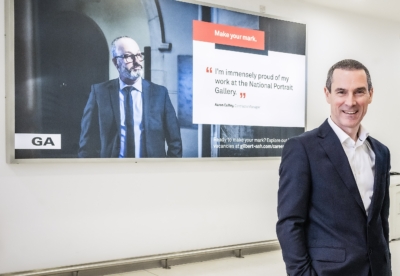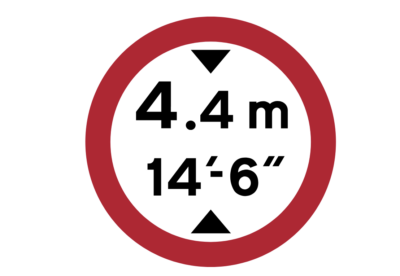The contracting giant published a paper today on the future of the rail industry.
And it revealed how more than 10% of Balfour’s current workforce hold non-British EU passports and around 11% of new recruits in 2016 held non-British EU passports.
The firm warned: “Uncertainty around the free movement of labour in the EU could increase the industry’s recruitment and staffing difficulties as it may no longer be able to handpick highly skilled engineers from other EU countries as is currently the case.”
Around 100 of Balfour’s 2016 recruits were sourced via a pro-active campaign targeting Greece and Portugal with a further 40-50 expected in 2017.
Balfour added that the reliance on EU labour was even higher in its supply chain among “people who actually build tomorrow’s infrastructure.”
The firm added that only 0.2% of recruits from last year came from outside the EU “due to the complexity, cost, administrative burden and time delays required in managing the current points based sponsor licence system.”
Balfour said an end to the free movement of labour would intensify skills shortages in the rail sector where the average age of engineers is 56.
The contractor also wants to see new rail funding models introduced “to provide the UK’s rail industry with continuity of project flow, in order to support growth in innovation and skills.”
Balfour added: “Ignoring this will cause rail suppliers to continue to lose skilled engineers – be they about to retire, much in demand by other industries, aspiring recruits or foreign workers – to sectors with more reliable project pipelines.”

























.gif)




















 (300 x 250 px).jpg)




